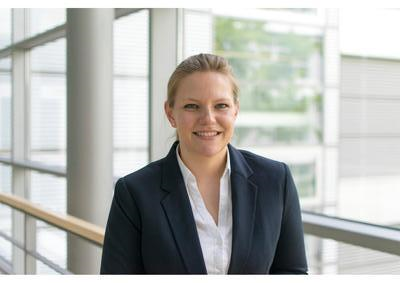Contact
Email:
Susanne.Schlee@lrz.uni-muenchen.de
Office hours:
on appointment
Susanne Schlee is research assistant and PhD-candidate at the Munich School for Ethics in Practice. She has received her B.A. in political science and sociology Bonn University and her M.A. in political theory at Goethe-University Frankfurt. She has several years of experience in business consulting, where she primarily worked on digitization and process optimization projects.
Research Interests
- Moral Psychology
- Normative Ethics (particularly virtue ethics)
- Moral eesponsibility and blame
Research Project
PhD-thesis: Character responsibility and blame
Character traits influence most of our daily (moral) decisions and actions, which is why we blame others for having bad character traits such as dishonesty or a lack of empathy, and, we praise those, who display good character traits such as compassion. However, it still is unclear whether we even are responsible for our character. On the one hand, we have no influence over the environment we are born into, which heavily contributes to our character development. On the other hand, we can strengthen character through repetition as it is a matter of habituation. In light of recent advances in character theories, which range from virtue ethical accounts to contemporary approaches incorporating empirical-psychological insight, the research project aims to illuminate how we can understand responsibility on each of these accounts respectively. Further, the thesis analyzes how these character concepts alter our blaming practices.
Applied ethics at EasyPeasy (London)
EasyPeasy supports practitioners and parents in their children’s development by offering ideas for play that help children grow. EasyPeasy games strengthen children’s language skills, their imaginative and cognitive capabilities, for example resilience, empathy as well as curiosity. The six-month placement serves to not only identify the need of theoretical advancement in terminology, it also provides the basis to explore fields of application and a critical review of philosophical assumptions. This includes questions such as: Is there a best point in time to build character over the human lifecycle? Are good/bad character traits the result of our environment or of who we are? To illuminate those questions, the placement allows to work on projects that focus on the child-carer-relationship aiming to strengthen positive character traits.
Downloads
- Lebenslauf_Susanne_Schlee (60 KByte)


